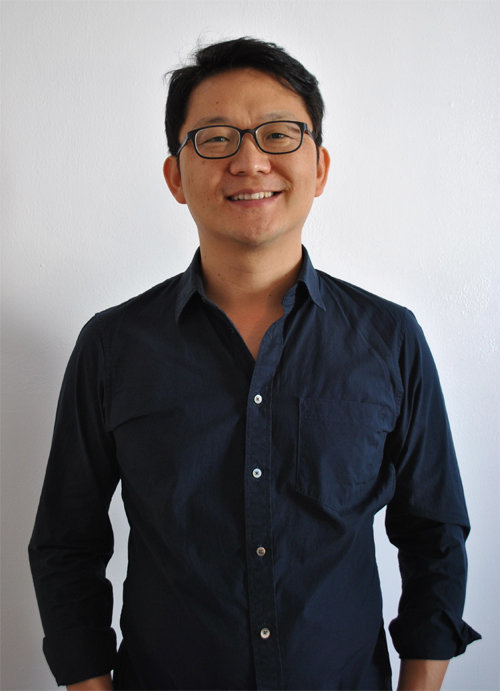Do not mistake hitting likes for feeling empathy
Do not mistake hitting likes for feeling empathy
Posted November. 04, 2022 07:55,
Updated November. 04, 2022 07:55

“Empathy is more about distance rather than about depth. Regrettably, we don’t even have any chance to be a span away from one another.”
At first blush, the world of social networks is filled with empathy. Likes are hit on every post here and there. People are intricately connected to their friends and followers across online platforms. However, do all such phenomena demonstrate that we all feel empathy for one another?
Evolutionary biologist Jang Dae-ik, an endowed chair-professor at Gachon Startup College, says that we are only deluded into believing that we relate to others. The author of “The Radius of the Empathy,” released on Oct. 28, told The Dong-A Ilbo on the phone on Thursday that we today can empathize based on family ties dating back to tribal society, adding, “Hatred and division are accelerating due to an excessive level of collective empathy.”
“People form ‘digital tribes’ on online forums, keeping us from developing empathy across society. Groups of men, women, conservatives, and liberals online flock, blinded by the primitive instinct that they only care about those in their respective tribes. The range of their empathy is only limited within their tribes, thus fueling hatred and discrimination against the outer circles.
Then, why do digital tribes cause more severe issues in South Korea than in any other country? Professor Jang attributes this issue to the country’s notoriously hell-like obsession with college admissions. “South Korean students are driven by the educational system to ceaselessly vie against their close friends and turn a blind eye to whatever happens around them, which is believed to be the key to success,” he said. “It may be only natural that young generations are brainwashed into believing that they are supposed to disregard others’ pain and suffering if they are to succeed.”
Professor Jang argues that education can make things right and nurture empathy across society. Empathetic ability can increase depending on in which society humans have been born and raised and how they have interacted culturally and systematically. Canadian social entrepreneur and educator Mary Gordon, the founder of a program titled “Roots of Empathy,” proves this notion right by ensuring participants put themselves in others’ shoes in bullying role-play. This program helped cut back on school violence and bullying in Scotland in 2010.
“South Korea should take this educational approach. The South Korean school system focuses much on math and foreign language programs but fails to grow empathetic citizens who can relate to others’ pain and sorrow. It is the time that we should train young generations to practice empathy so we won’t create monsters,” commented the professor.
always99@donga.com
Headline News
- Security strengthened at residences of U.S. presidential candidates
- Late-night announcement issued on Pres. Yoon’s public address
- Green Belt in Seoul to be released in 12 years
- Meta fined 20 billion won for illegally collecting sensitive information
- Culture Ministry calls for severe disciplinary action against KFA chair







